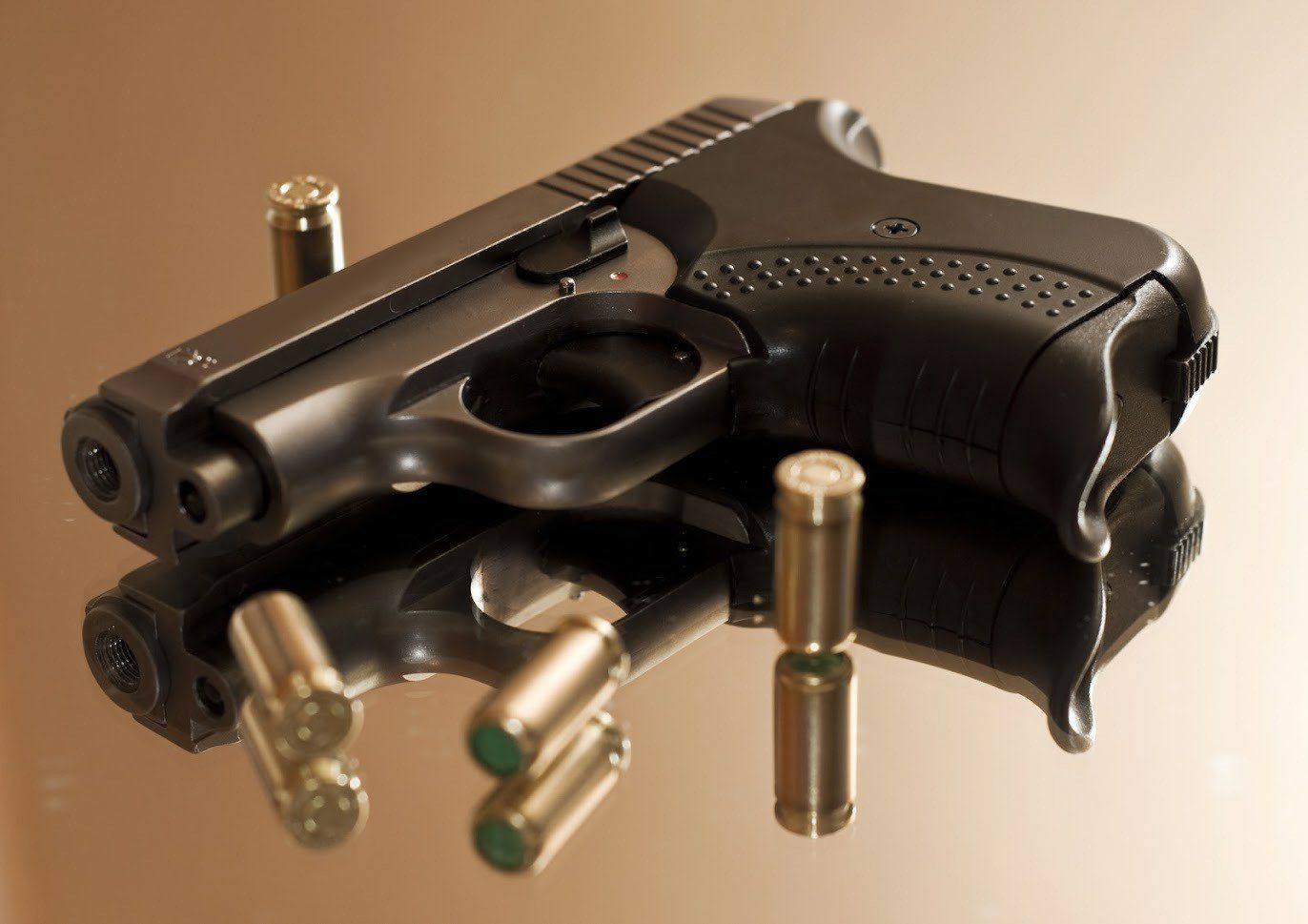Gun Discharge Accidents: Causes and Liability

As the victim of accidental gun discharge, you should identify the liable party and claim compensation from them. You stand a high chance of recovering your damages if you understand why the gun fired. The knowledge can help you identify the liable party. Below are some causes and liability for such gun accidents.
Causes
Multiple conditions can give rise to accidental gun discharges. Below are some of these conditions.
Cleaning
Firearm maintenance is necessary to ensure efficient and safe operations at all times. Regular cleaning is a critical part of the maintenance regime. Negligence or ignorance can trigger accidental gun discharge during cleaning.
Testing
Many gun owners test their firearms after extended storage or cleaning or before use. Mistakes or malfunctions during testing can trigger accidental discharge. For example, a gun might accidentally discharge if their tester mistakenly believes the gun to be unloaded.
Demonstration
Gun owners, sellers, and range managers often demonstrate their guns to others. Demonstration guns can accidentally discharge if the gun handler makes a mistake, for example, because of their unfamiliarity with the gun model.
Mechanical Malfunction
Like other manufactured products, guns can suffer design or manufacturing defects. Some of these defects can lead to accidental discharges. For example, a gun can accidentally discharge if its trigger system is inherently defective and doesn't lock.
Poor Transportation and Handling
Guns do not routinely fire if someone drops them. However, old gun models, defective guns, or poorly maintained guns might fire if someone accidentally drops them. Such guns can also fire during transportation, for example, due to potholes or bumps on the road.
Improper Storage
Improper storage is a common cause of gun accidents. Without proper storage, a minor might take an improperly stored gun and accidentally discharge it. Many states have gun storage laws to prevent such accidents. For example, New Jersey requires gun owners to unload and lock their firearms in gun safes or containers. The ammunition should be in a separate gun safe or container.
Liability
Accidental gun discharges can cause severe injuries or even fatalities. The related damages can be enormous. As the victim of accidental gun discharge, identify the liable party to help you recover your damages. Below are some of the potentially liable parties.
The Gun Handler
The primary party whose actions directly lead to the accidental discharge should at least be partially liable for your damages. For example, if someone borrows a gun and it accidentally discharges in their hands, the borrower is liable for your damages.
The rationale is that a gun is a dangerous object. Anyone who handles such a dangerous object owes others the duty of care to avoid accidental injury. Dereliction of this duty makes the person liable for the ensuing damages.
The Gun Owner
If the person in whose hands or care the gun discharged is not the owner, the owner should shoulder some liability for the accident. For example, a gun owner can be liable if:
- They improperly stored their gun, and someone accessed it
- They handed over their gun to an intoxicated person
- They failed to properly maintain their gun
The liability holds for all legal entities who own guns, including organizations and businesses such as shooting range owners.
The Manufacturer
Lastly, a guns designer or manufacturer can be liable for accidental discharges from defective design or manufacturing. Just note that such cases are rare and require complex proof. For example, you are likely to need a gun expert to provide expert testimony for your case.
Borbi, Clancy & Patrizi has dedicated many years to helping injury victims recover their damages and reclaim their lives. Contact us for a consultation if you have suffered from an accidental gun discharge or any injury. We will review your case and help you recover your damages.
